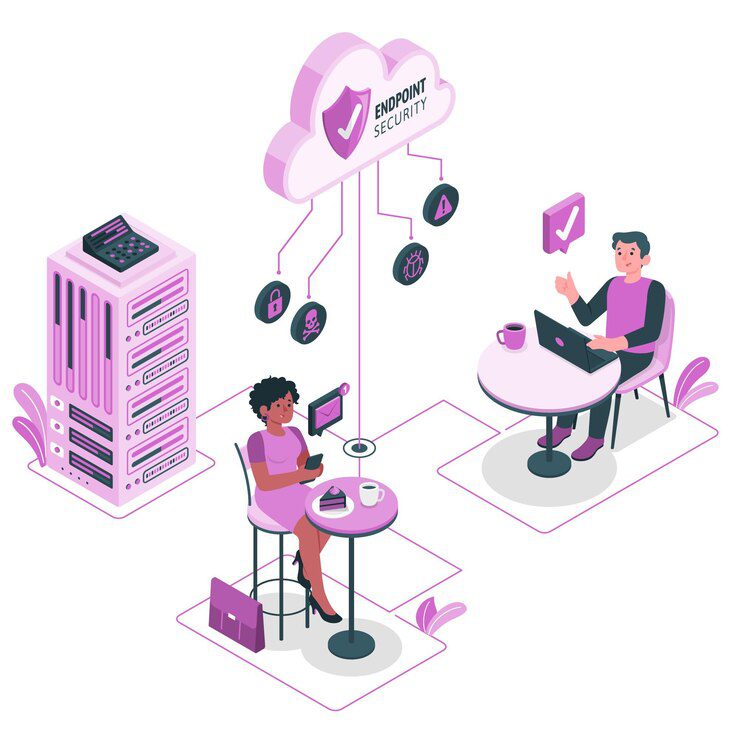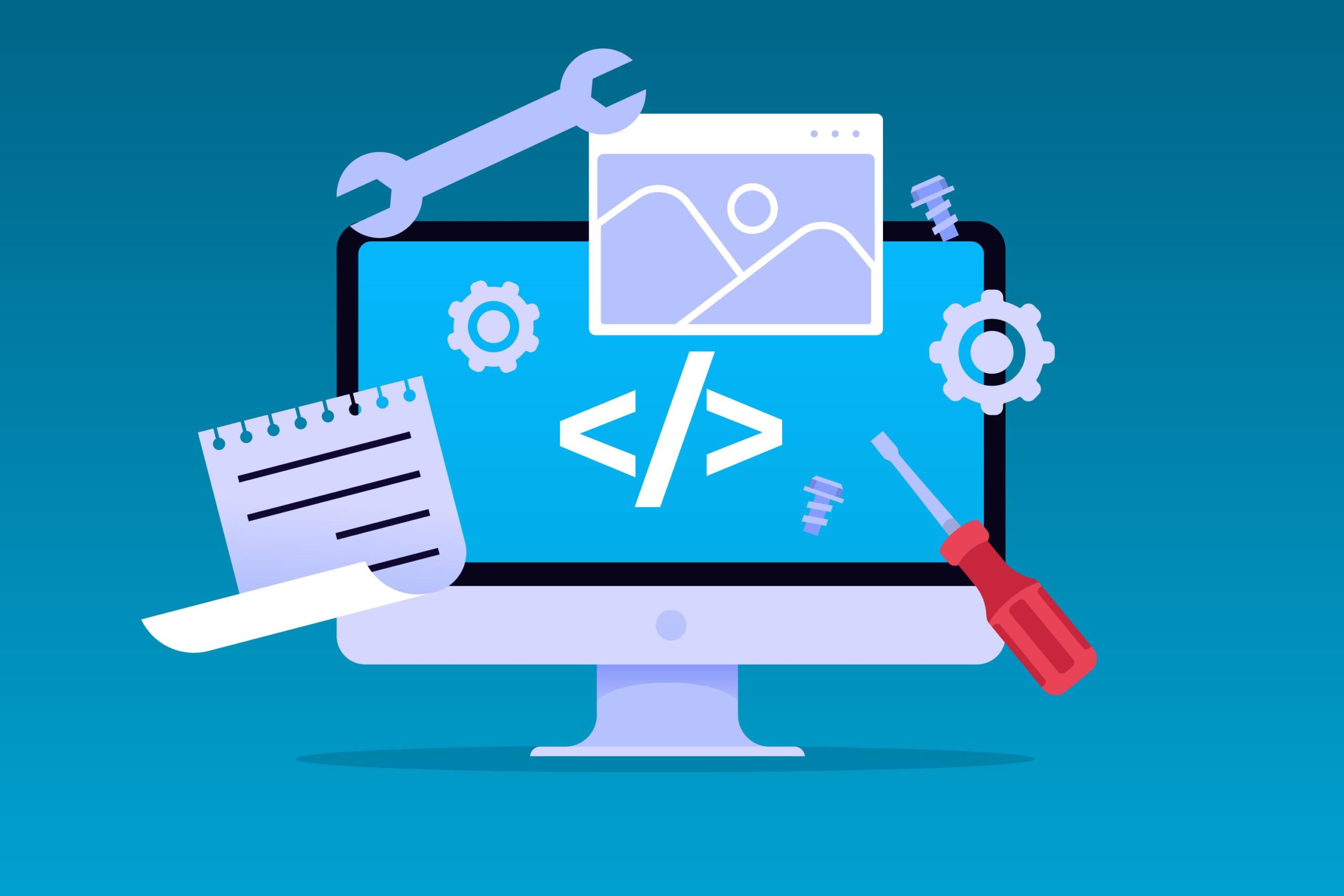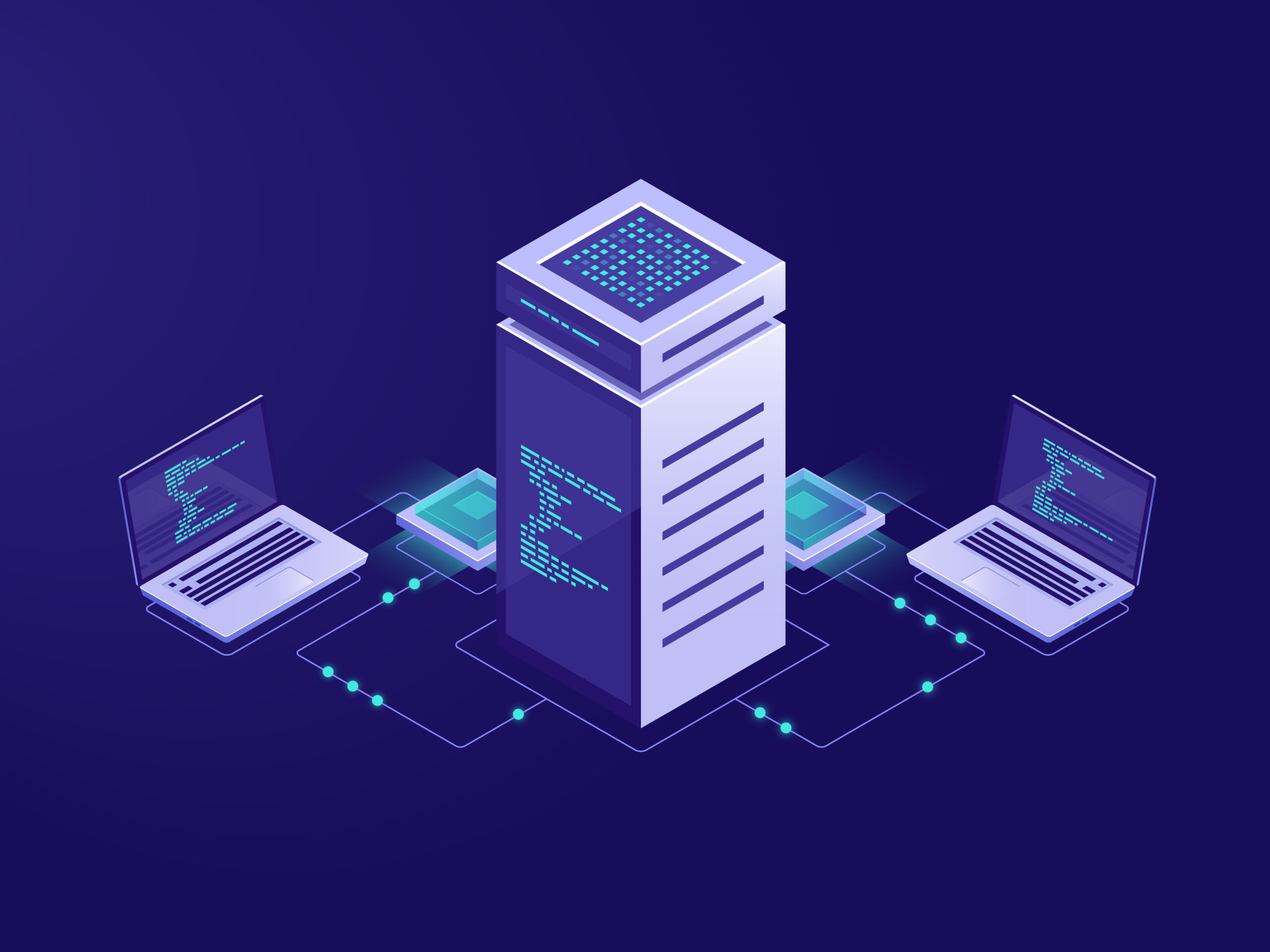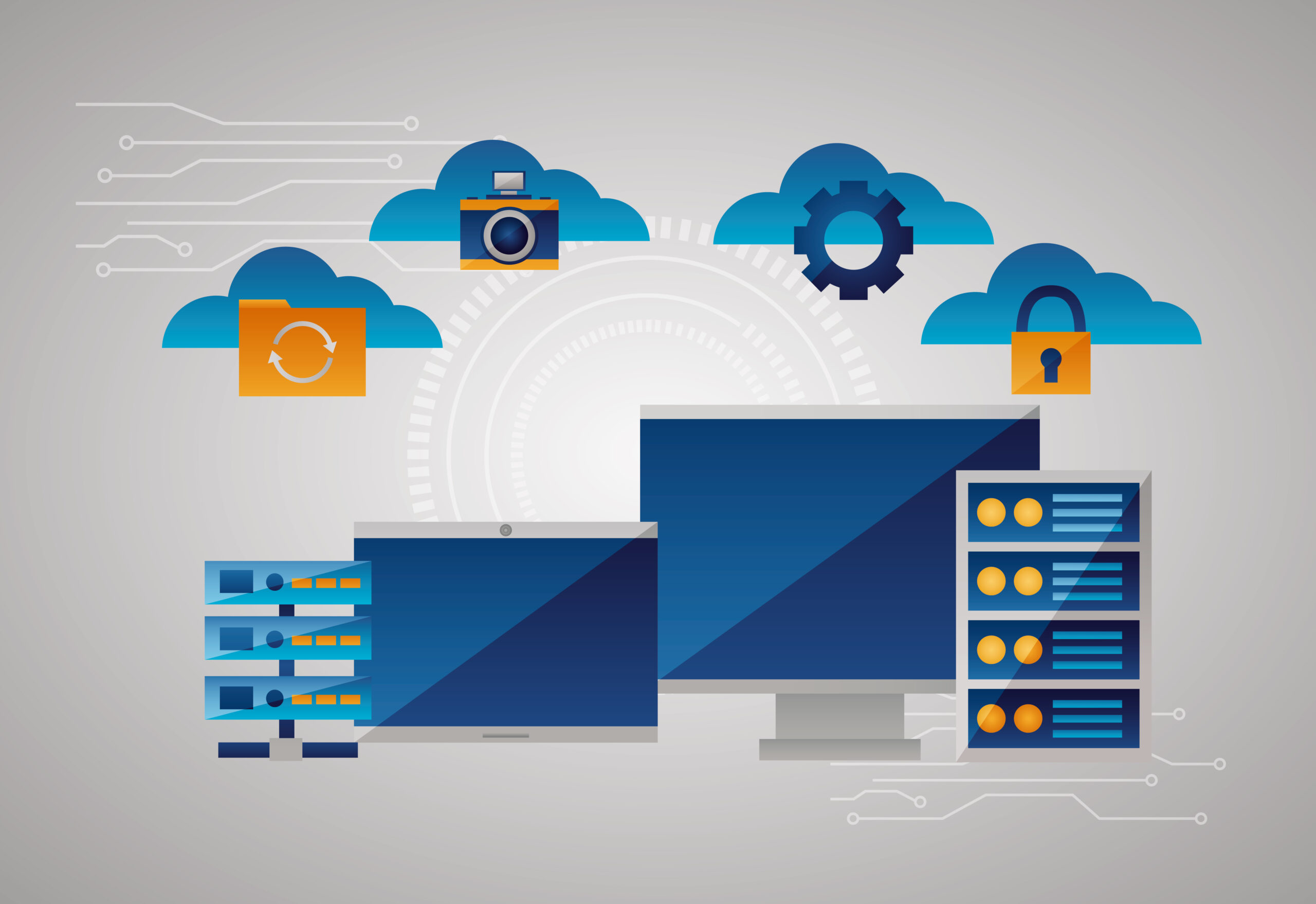Highlights
- Edge computing platforms reduce latency and bandwidth usage by processing data closer to its source.
- Edge computing involves several types of companies: hardware providers, software providers, network providers, and service providers.
- Edge computing offers reduced latency, improved bandwidth efficiency, enhanced security and privacy, offline functionality, and cost savings.
- Selecting an edge computing provider involves assessing your needs and evaluating providers’ expertise and technology.
As companies seek better performance and faster network speeds, the demand for edge computing is skyrocketing.
According to Markets and Markets, the global edge computing market is expected to surge from $60 billion in 2025 to an impressive $110.6 billion by 2029, with a compound annual growth rate of 13% during this period.
With more businesses shifting to edge computing, companies increasingly rely on specialized companies to bring their data closer to the edge. Consequently, the edge computing sector is becoming one of the fastest-growing technological industries. So, in this article, we’ll explore the list of edge computer companies globally!
What Are Edge Computing Platforms?
Edge computing platforms help bring data closer to where it’s created, reducing the need for long-distance communication between devices and servers. This helps cut down on delays (latency) and reduces the amount of data that needs to travel back and forth (bandwidth usage).
These platforms focus on moving computing power nearer to the data source, which makes processing faster, reduces delays, and improves data security.
Types Of Edge Computing Companies
- Hardware Providers
These companies create the physical tools needed for edge computing, such as microservers, edge gateways, and special AI and machine learning processors. Examples include Dell Technologies, HPE, and NVIDIA.
- Software Providers
These companies make software that helps to manage and control edge computing systems. They offer solutions for storing, processing, analyzing, and securing data at the edge. Examples include Aarna Networks, FogHorn Systems, and Cumulocity.
- Network Providers
These companies provide the communication links that connect edge devices to the cloud or central servers. This includes mobile network operators, and other companies focused on connecting devices. Examples include Verizon, AT&T, and Deutsche Telekom.
- Service Providers
These companies manage edge computing services for businesses that don’t have the expertise or resources to do it themselves. They handle everything from web design to deployment and ongoing operations. Examples include Microsoft Azure Edge, Amazon Web Services Wavelength, and Google Cloud Vertex AI.
Moreover, Tambena’s cloud managed services make it easy for your business to run smoothly and grow faster. We handle everything from managing your cloud systems to keeping them secure. Contact us today to manage your cloud environment so you can focus on your business growth!
What Are the Advantages of Edge Computing Companies?
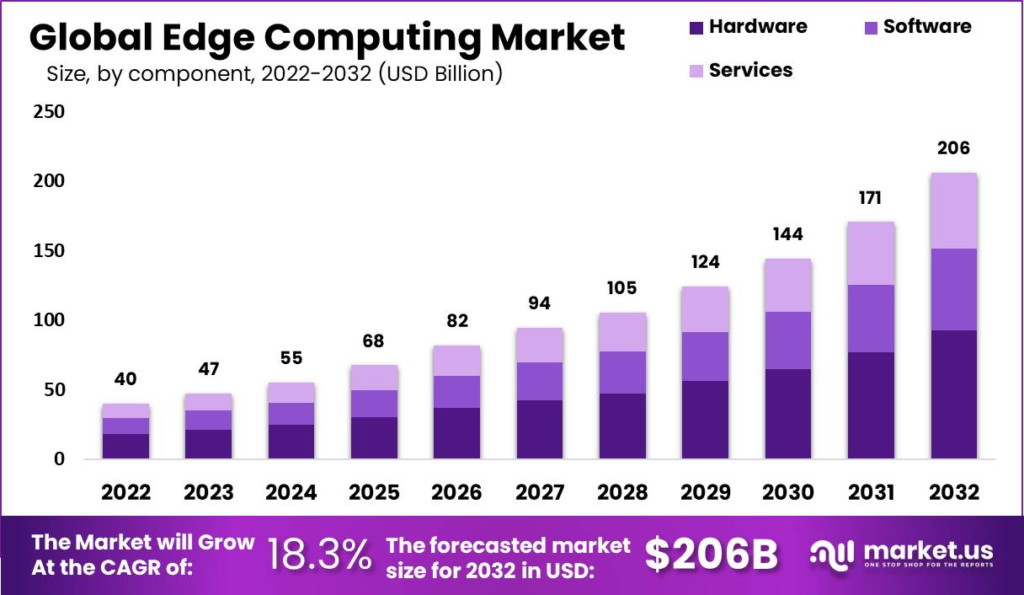
Edge computing has benefits over traditional cloud-based computing, making it appealing for various uses.
Here are some key benefits of edge computing:
Reduced Latency and Faster Response: By processing data closer to its source, edge computing reduces the time it takes for data to travel. This leads to faster response times, vital for real-time applications like self-driving cars, robotics, and industrial automation.
Improved Bandwidth Efficiency: Edge computing processes data locally before sending it to the cloud. This reduces the amount of data that needs to be transmitted, saving bandwidth and lowering data transfer costs.
Enhanced Security and Privacy: Since edge computing keeps sensitive data within the local network, it reduces the risk of security breaches during transmission to the cloud. This is important for industries like healthcare and finance, where data security is crucial.
Offline Functionality and Reliability: Devices and systems using edge computing can continue operating even when not connected to the cloud. This ensures they keep working in areas with limited or unreliable network connections. It is essential for emergency response and critical infrastructure.
Cost Savings: By reducing bandwidth usage, improving network efficiency, and lowering data storage needs in the cloud, edge computing can lead to significant cost savings for businesses.
How to Choose Top Edge Computing Companies?

Selecting the right edge computing companies involves careful planning since no single provider suits every situation. Here’s a guide to help you choose:
1. Assess Your Needs
- Application Requirements: Understand what your edge computing application needs. Consider aspects like how quickly data needs to be processed (latency), the amount of data involved, the need for offline functionality, and security concerns.
- Deployment Environment: Identify where you’ll deploy the edge computing solution, whether in an industrial setting, retail, healthcare, or another field. Each environment comes with unique challenges, like regulatory compliance and network infrastructure.
- Budget and Scalability: Determine your budget and how you plan to scale. Choose a provider with customizable services and pricing models matching your growth plans.
2. Evaluate Providers
- Expertise and Experience: Choose companies with a strong track record in your industry or for your specific application. Ask for case studies and references to check their level of experience.
- Technology and Service Offerings: Review the technologies and services each provider offers. Ensure they meet your hardware, software, and platform needs. Pay attention to their edge gateways, data management tools, analytics capabilities, and security features.
- Deployment and Support: Select a provider that offers full support, from device installation and configuration to ongoing maintenance and troubleshooting. Make sure they have experience with your particular deployment environment.
3. Compare Specific Providers
- Request Proposals and Demos: Contact your shortlisted providers and ask for detailed proposals that include their solutions, pricing, and support plans. Request demos to see their offerings in action.
- Negotiate Terms and Conditions: Discuss and agree on the terms of your service agreement. Be clear on pricing, service levels, warranties, and data privacy.
- Consider Reviews: Look at online reviews and talk to existing customers of the providers you’re considering. This can give you valuable insights into their service quality and reliability.
List of Edge Computer Companies to Watch in 2025
Here’s a list of 7 edge computing companies driving this technology’s adoption across various industries in 2025.
1. EdgeConneX
EdgeConneX has over 12 years of experience building and operating data centers worldwide. The company offers a wide range of data center solutions, from 100kW to 100+MW, tailored to help organizations embrace edge computing. They pioneered the Edge Data Center concept, providing local proximity, power, capacity, and connectivity in underserved markets.
2. Sixsq
Sixsq is a prominent name in edge computing, known for its SaaS edge-to-cloud management platform, Nuvla.io. This platform accelerates app deployment at the edge, reducing risk, simplifying management, and providing full control over data.
3. Akamai Technologies
Akamai offers edge computing solutions that bring applications closer to users. Their EdgeWorkers technology allows developers to write and deploy code at the edge without infrastructure hassles. Akamai’s EdgeKV provides high-performance web experiences and seamless edge computing integration with their CDN.
4. Avassa
Avassa provides a comprehensive solution for managing containerized edge applications across on-premise, co-located, and public cloud resources. Their platform, Avassa Control Tower, automates container placement and versioning. Moreover, they offer tools like Edge Enforcer for local cluster management and networking.
5. AWS
While AWS is best known for cloud computing, it offers robust edge computing features. AWS enables the deployment of APIs and tools close to the edge. Moreover, it allows for ultra-low latency and real-time responsiveness.
6. VMware
VMware’s Edge Compute Stack platform, powered by AIOps, is designed for building, running, and managing edge-native applications. The platform offers flexible infrastructure, seamless cloud integrations, and built-in security features.
7. Alef Edge
Alef Edge is one of the top mobile edge computing companies designed to harness the power of 5G-based edge internet. They enable organizations and developers to launch private networks and create innovative edge-enabled mobile applications.
Summary
Edge computing platforms transform data processing by bringing computing power closer to where data is generated. This approach not only enhances speed and efficiency but also addresses needs like reducing latency, improving bandwidth usage, and enhancing data security. By exploring a list of edge computer companies and evaluating their offerings, you can boost your operational performance and efficiency.
